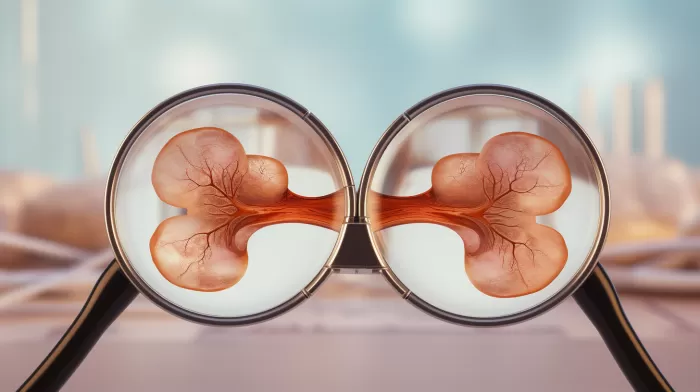Imagine a silent medical condition that’s even more deadly than a heart attack… It can sneak up on you without any noticeable symptoms and you might not even know you have it until it’s too late. Well, it’s not just imagination or fantasy, because this condition exists and is called acute kidney injury (AKI).
AKI is an abrupt decline in kidney function that often occurs after major surgeries or severe infections. Researchers at George Washington University conducted a study of over 36,000 individuals and discovered that AKI can be more deadly than a heart attack. But what’s worse is that it frequently goes unnoticed by both patients and their doctors.
AKI vs Heart Attack: The Shocking Findings
For the study, the researchers analyzed a total of 36,980 patients who had either AKI or heart attack (myocardial infarction, or MI) during their stay at a VA facility between October 1999 and December 2005. They compared the data and discovered that the patients who experienced both AKI and MI had the highest mortality rate at 57.5 percent. The patients with uncomplicated MI had the lowest mortality rate at 32.3 percent.
Interestingly, the patients who had AKI or AKI with MI later experienced more severe heart and kidney problems compared to those with MI alone. This clearly shows the significant impact of AKI and its potential danger to our health.
“The findings from this study will be critical for planning future interventional trials in patients with AKI,” says researcher Lakhmir Chawla. “Because AKI remains an ongoing and increasing public health hazard, more research into the treatment and management of this syndrome is critically required.”
The Importance of Regular Kidney Checkups
With the knowledge that AKI can be more deadly than a heart attack, it’s essential to keep a close eye on your kidney health, especially if you’re already suffering from health problems like heart difficulties. It’s not something to be taken lightly, as early detection can literally save your life.
The next time you see your doctor, make sure to remind them to check the health of your kidneys as well. This simple step can lead to discovering an undetected case of AKI before it becomes more severe and organ damage occurs. The longer AKI goes unnoticed, the fewer treatment options there will be and the higher the risk of death.
Preventing AKI: What Can You Do?
While it’s important to have regular checkups for your kidneys, there are also things you can do to lower your risk of developing AKI in the first place. Here are some tips to help you keep your kidneys healthy:
- Stay well-hydrated. Drinking plenty of water aids in flushing out toxins and waste from your body, helping to prevent damage to your kidneys.
-
Monitor your blood pressure. High blood pressure is a leading cause of kidney damage, so keep yours under control. Regular exercise, a balanced diet, and limiting alcohol and salt are all ways to help maintain healthy blood pressure.
-
Manage diabetes. If you have diabetes, keeping your blood sugar levels under control can help decrease the risk of kidney damage.
-
Avoid overusing pain medications. Over-the-counter pain relievers like ibuprofen and aspirin can damage your kidneys if used in excessive amounts or over a long period. Follow the recommended dosages and consult with your doctor if you need to take these medications frequently.
-
Limit your intake of certain medications. Some prescription medications can harm your kidneys, especially when combined with other drugs. Talk to your doctor about your medications and if you need to adjust your dosage or switch to a different medication to protect your kidneys.
-
Live a healthy lifestyle. Eating a well-balanced diet, maintaining a healthy weight, getting regular exercise, and avoiding smoking can all contribute to overall health, including keeping your kidneys in good shape.
By taking simple preventive measures and making kidney health a priority, you can minimize your risk of developing AKI and enjoy a better quality of life. Remember, early detection is key, so don’t hesitate to ask your doctor about regular kidney checkups – it could save your life.



